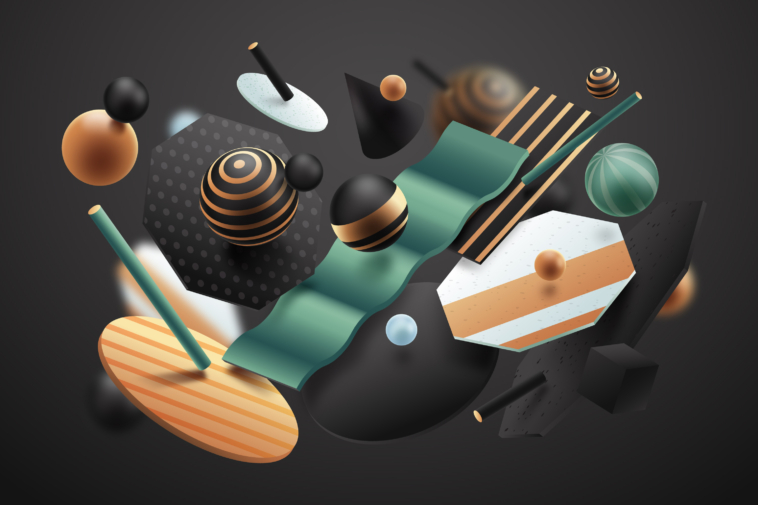Picture this: you’re an architect and about to embark on a new project. You’ve got your traditional drafting tools ready, but something else catches your eye – a 3D Design Program. This software can bring your architectural vision to life, making it easier to visualize and communicate your ideas. But when exactly is the best time to utilize this advanced tool? Scroll down to explore.
During the Conceptualization Stage
Every great creation begins with an idea, a spark of inspiration that sets the foundation for what’s to come. This is the perfect time to use a 3D design program. The software allows one to bring vague ideas into a tangible form, aiding in exploring and refining the concept. It’s like having a piece of clay you can mold and shape until you’re satisfied with the outcome. With a 3D Design tool, you can create virtual models, experiment with different elements, and get a realistic sense of how the final product will look and feel. This early visualization can inspire new ideas, prompt critical thinking, and guide the development of the design in a more informed and creative way.
When Presenting to Clients
Have you ever tried explaining a complex idea to someone only to be met with a confused stare? It’s frustrating, right? This is where a 3D Design tool comes into play. When presenting a design concept to a client, the software can provide a realistic representation of the idea, making it easier for them to understand. It’s akin to switching on a light in a dark room, illuminating everything. With a 3D Design tool, clients can visualize the project, grasp the spatial relationships, and make informed decisions based on a more accurate understanding of the design. This enhances communication, builds trust, and facilitates a smoother collaboration process.
During the Revisions Process
In the design world, revisions are the norm. Ideas evolve, and so must the design. With a 3D Design tool, changes can be made swiftly and effectively. It’s like having a magic wand that can alter things instantly. Need to change the layout? Want to adjust the lighting? Wish to add a new element? This can be done without starting from scratch, saving time and effort.
In the Event of Collaboration
Designing is often a collaborative effort. Whether you’re working with a team or seeking stakeholder feedback, a 3D Design tool can be a great facilitator. It enables everyone to view the design from all angles, fostering a comprehensive understanding and encouraging fruitful discussions. Think of it as a round table where everyone can see the matter clearly.
For Finalizing and Executing the Design
When it’s time to turn the design into reality, a 3D Design tool can be valuable. It is a blueprint that guides the execution process, helping avoid errors and misunderstandings. Also, it can help assess the feasibility of the design in terms of materials, cost, and time. It’s like having a map that guides you to your destination, ensuring you don’t lose your way.
Adobe experts explain, “The features in Substance 3D Designer give you complete authoring control for material creation — and more.”
The best time to use a 3D Design tool is not confined to a specific stage but spans the entire design process. The software proves invaluable, whether it’s conceptualizing an idea, presenting it to clients, making revisions, collaborating with others, or finalizing and executing the design. Remember, in the realm of design, it’s not just about the destination; the journey matters too. And having the right tools can make this journey not just easier but also more enjoyable and efficient.

